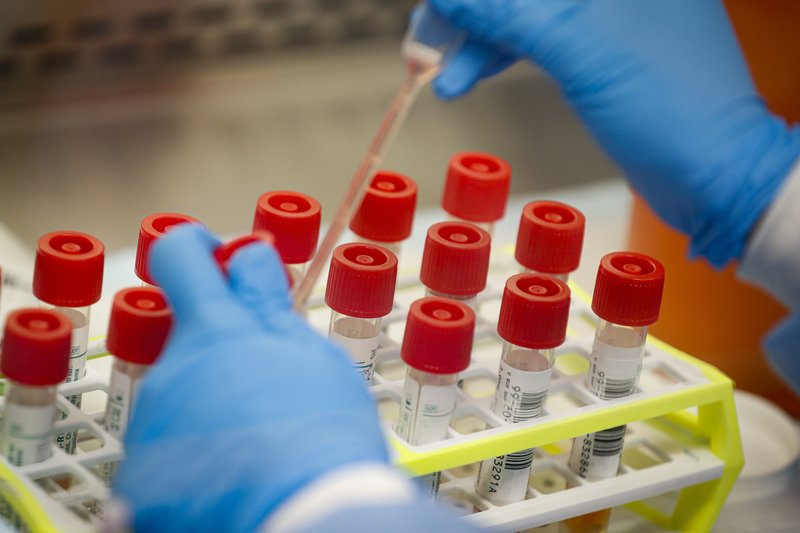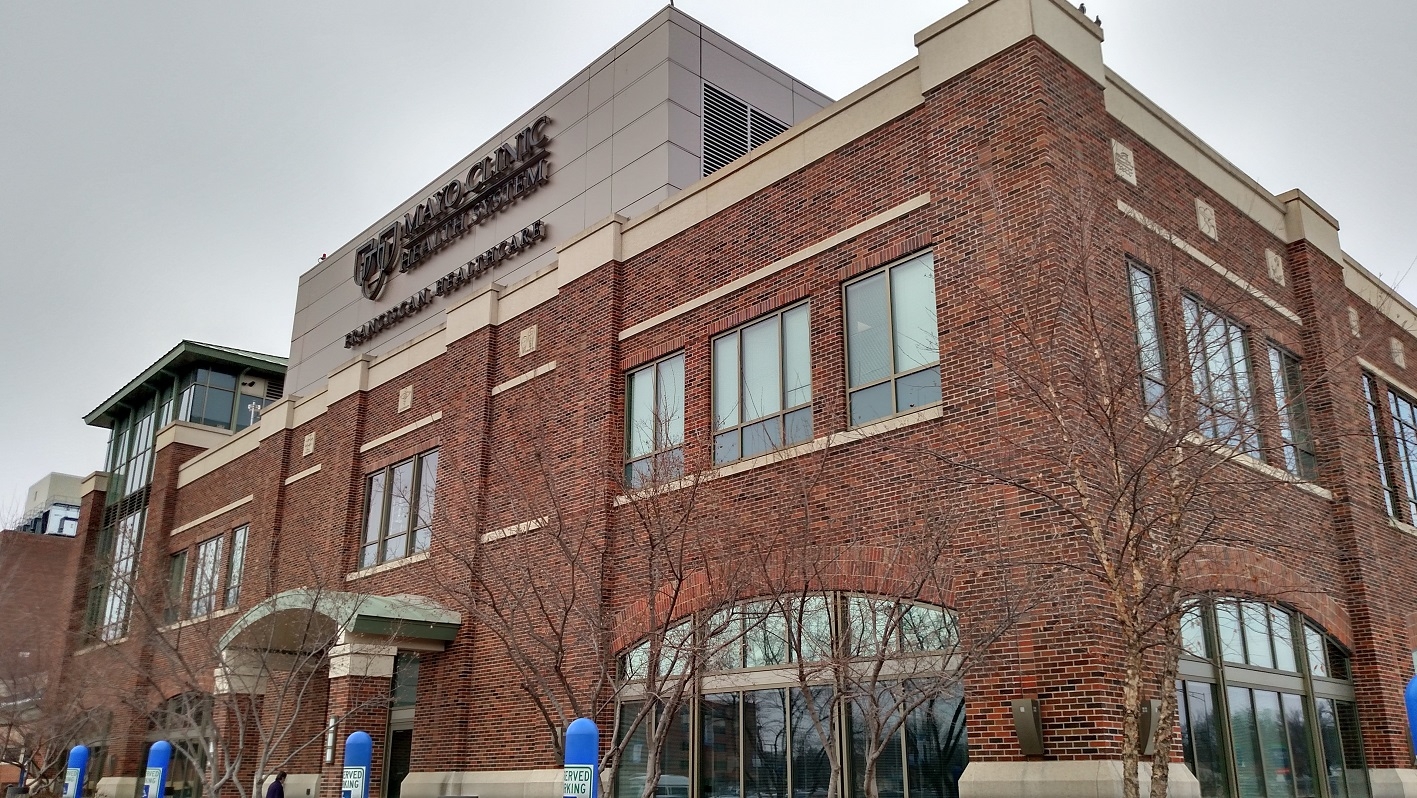Coronavirus
UK variant pops up in La Crosse, though health officials unsure where it came from

If there was a COVID-19 variant “Most Wanted” list, it appears that one of the Top 3 just popped up in La Crosse County in the past week.
La Crosse County’s health department made the public aware Wednesday that, what’s nicknamed the UK strain (B.1.1.7 of SARS CoV-2), was a confirmed case in the county back on March 11.
The state releases COVID-19 variant updates each Thursday, which would now include the La Crosse County case, so the health department wanted to inform the public the day before that report — but six days after learning it was in the county.
“We really wanted to have information to share,” Nursing Manager for the La Crosse County Health Department Jacquie Cutts told WIZM. “If all I say to someone is, ‘We found a variant,’ it doesn’t really give a whole lot of information about — Where did it come from? How widespread is it? Were there a lot of people who were exposed?
“It’s better, from our perspective, to have information to share.”

Nothing really changes in fighting COVID-19 or this variant — masks, social distance, get the vaccine. These strains, however, are just better and worse — better at spreading and potentially worse on one’s body.
“The concern with a variant is either when it is more infectious or it causes more severe disease,” Cutts said. “This particular variant that we have is known to be more infectious.
“There are some very preliminary studies that do suggest it causes more severe disease but more investigation is really needed to confirm that.”
Where the person contracted the variant is unknown, but the only close contact this case had was with someone who was already vaccinated. So, the risk of spread for this particular case seems minimal.
This variant was first discovered in Wisconsin on Jan. 12. There have been 31 cases, though that number will rise with Thursday’s update from the state.
Cutts added that variants aren’t out of the ordinary. The longer a virus can hang around, the more it’s going to mutate.
“It’s just how a virus grows and changes over time,” she said.






